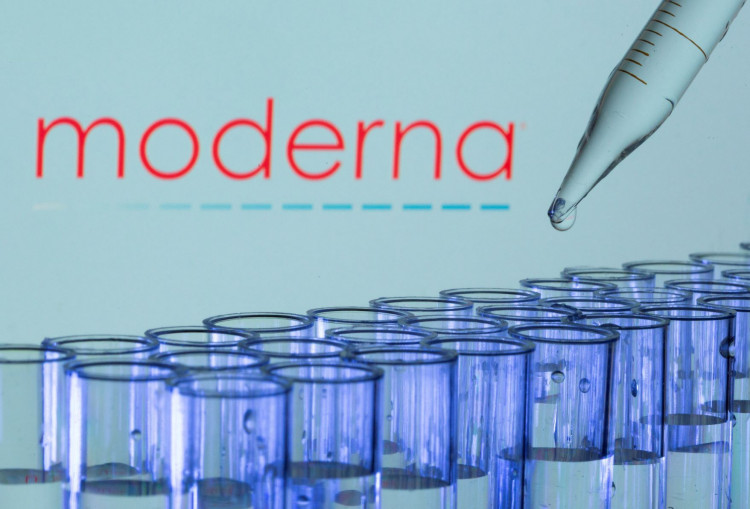COVID-19 vaccine producer Moderna is not planning on sharing its vaccine recipe any time soon as it thinks increasing its own production capacity would be the best way to increase global supply.
Noubar Afeyan, Moderna's co-founder and chairman, said that the company would not enforce patent infringement against anyone who makes coronavirus vaccines. He reiterated the company's pledge last year, stating that it was "the right, responsible thing to do."
While it had pledged not to stop other companies from attempting to copy its technology, Moderna has so far ignored the United Nation's call for it to share its vaccine formula. Afeyan said they have determined that it would be better for the company to expand its production as opposed to sharing its messenger RNA technology.
Afeyan said through its production capacity expansion, Moderna can deliver doses faster and in larger quantities than any other company. When asked about the UN and the WHO's appeal for it to share its technology, Afeyan said the groups assumed that Moderna can't get enough capacity. He corrected that assumption and said the company can meet the growing demand.
"Within the next six to nine months, the most reliable way to make high-quality vaccines and in an efficient way is going to be if we make them," Afeyan said.
Afeyan said Moderna had spent more than $2.5 billion and 10 years to develop the platform for its COVID-19 Vaccine. He added that he welcomed other companies to join in offering effective COVID-19 vaccines, which will help in meeting the global demand.
When asked how successful would it be for others to start from scratch using Moderna's patents, he noted that it would be hard to imagine them being able to get a meaningful scale and quality out in a short time frame.
In response to some criticism on how it has only been supplying its vaccine to wealthy nations, Afeyan said that the company has in fact given out a "significant" quantity of doses to poorer nations. He said the company has been working with multiple governments to help secure supplies for love-income countries. He noted that countries in the EU and the U.S. currently have more supply of its vaccine than they will be able to realistically use.






